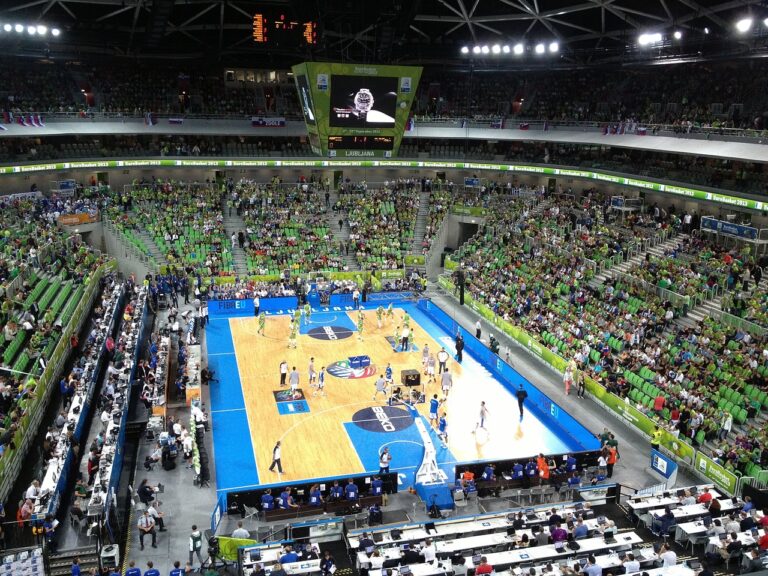Goal Setting in Rehabilitation: SMART Goals for Success
all panel.com, cricket 99 betting app, lotus365 login: Goal Setting in Rehabilitation: SMART Goals for Success
Setting goals is an essential part of the rehabilitation process. Whether you are recovering from an injury, surgery, or a chronic condition, having clear and achievable goals can help you stay motivated and focused on your recovery journey. In this article, we will explore the concept of SMART goals and how they can contribute to your success in rehabilitation.
What are SMART goals?
SMART is an acronym that stands for Specific, Measurable, Achievable, Relevant, and Time-bound. When setting goals for rehabilitation, it is important to make sure that they meet these criteria to increase your chances of success.
Specific: Your goals should be clear and specific, focusing on the particular area of your health or ability that you want to improve. For example, instead of setting a goal to “get stronger,” you could set a specific goal to increase your upper body strength by 10% in three months.
Measurable: Your goals should be quantifiable so that you can track your progress over time. This could involve tracking the number of times you complete a specific exercise, the amount of weight you are able to lift, or the distance you are able to walk.
Achievable: It is important to set goals that are challenging but realistic. Setting overly ambitious goals can lead to frustration and demotivation. Consider your current level of ability and set goals that push you just outside of your comfort zone.
Relevant: Your goals should be relevant to your overall health and rehabilitation objectives. Make sure that your goals align with your long-term plan for recovery and that achieving them will contribute to your overall well-being.
Time-bound: Setting a deadline for achieving your goals can provide additional motivation and structure to your rehabilitation process. Establishing a timeline can help you stay on track and monitor your progress towards your objectives.
How can SMART goals help in rehabilitation?
Setting SMART goals can provide a roadmap for your rehabilitation journey and help you stay focused on your priorities. By breaking down your overall objectives into smaller, actionable steps, you can create a clear path towards success. Tracking your progress towards your goals can also give you a sense of accomplishment and motivate you to continue working towards your recovery.
FAQs
Q: How many goals should I set for my rehabilitation?
A: It is recommended to focus on a few key goals at a time to prevent feeling overwhelmed. Start with 2-3 goals that are most important to your recovery and adjust as needed.
Q: What should I do if I am not making progress towards my goals?
A: If you are struggling to make progress, consider reassessing your goals to ensure they are realistic and achievable. It may also be helpful to consult with your healthcare provider or a rehabilitation specialist for additional support and guidance.
Q: Can I modify my goals during the rehabilitation process?
A: Yes, it is important to be flexible and adjust your goals as needed based on your progress and changing circumstances. Regularly reassessing and updating your goals can help keep you motivated and on track towards recovery.
In conclusion, setting SMART goals can be a powerful tool in your rehabilitation journey. By creating specific, measurable, achievable, relevant, and time-bound objectives, you can stay focused, motivated, and on track towards your recovery goals. Remember to be patient with yourself and celebrate each milestone along the way.







